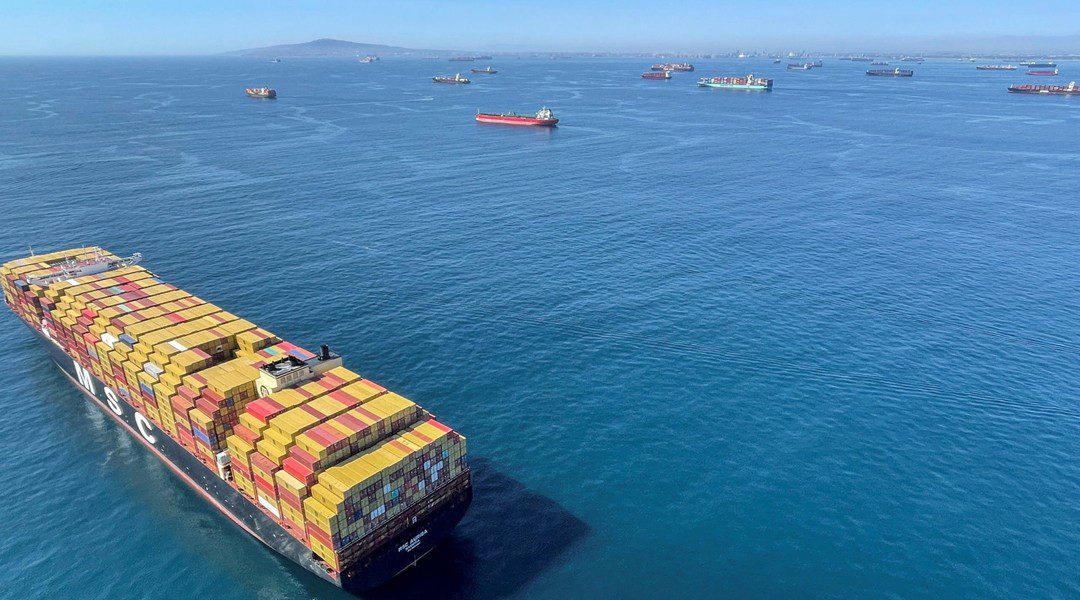Belgium’s Port of Antwerp-Bruges has kicked off works to construct a shore power installation at the cruise terminal at Zweedse Kaai in Zeebrugge.
Port of Antwerp-Bruges is building an onshore power supply (OPS) and a new high-voltage substation at the Zeebrugge cruise terminal, expecting it to be ready to provide shore power to two cruise ships simultaneously by 2027 – three years before shore power becomes compulsory in 2030.
In addition, plans are already being made for the second installation, the port revealed.
Zweedse Kaai is said to currently account for about 5% of the CO2 emissions from all ships at the quays in Antwerp and Zeebrugge. By providing shore power, Port of Antwerp-Bruges aims to reduce thise emissions as well as odour nuisance and visual disturbance, and help improve the environment and contribute to the greener cruise industry.
The shore power project is part of Port of Antwerp-Bruges’ ambition to be climate neutral by 2050. In line with this goal, investments are also being made in alternative fuels for tugs, additional electrification, energy-efficient buildings, and circular economy projects.
Shore power will also help shipping companies fulfil the climate commitments of the International Maritime Organization and the EU in a cost-effective way, the port claims.
Dirk De fauw, Mayor of Bruges and Deputy Chair of the Board of Port of Antwerp-Bruges, said: “This project combines state-of-the-art infrastructure with quality of life by reducing emissions, odour and the generation of smoke. We purposefully set out to provide a future-proof port for cruise vessels that welcomes visitors without burdening the environment. By doing so, we are proving that sustainability and economic dynamism can go hand in hand.”
To finance the shore power installation at Zeebrugge, the European Commission provided€3.1 million of funding in order to cover the higher-than-estimated cost and to ensure a payback period of around 20 years. In addition, the Flemish government awarded €830,000 in strategic ecology support.
The Commission is prioritising shore power projects in line with the Green Deal, the Sustainable and Smart Mobility Strategy and the Alternative Fuels Infrastructure Regulation (AFIR).





